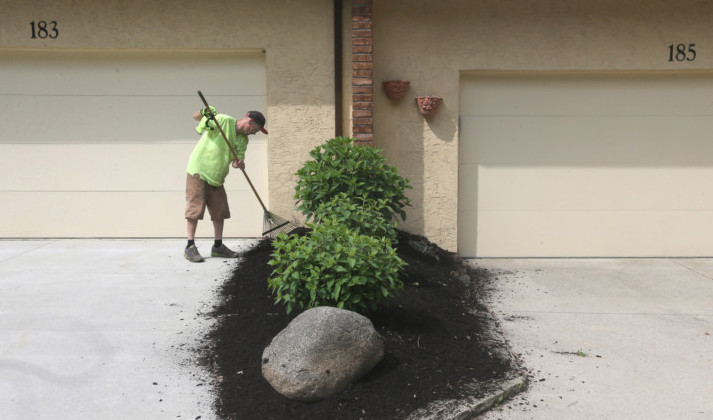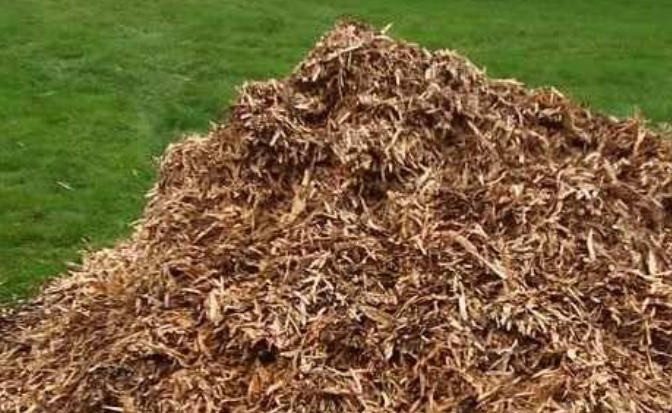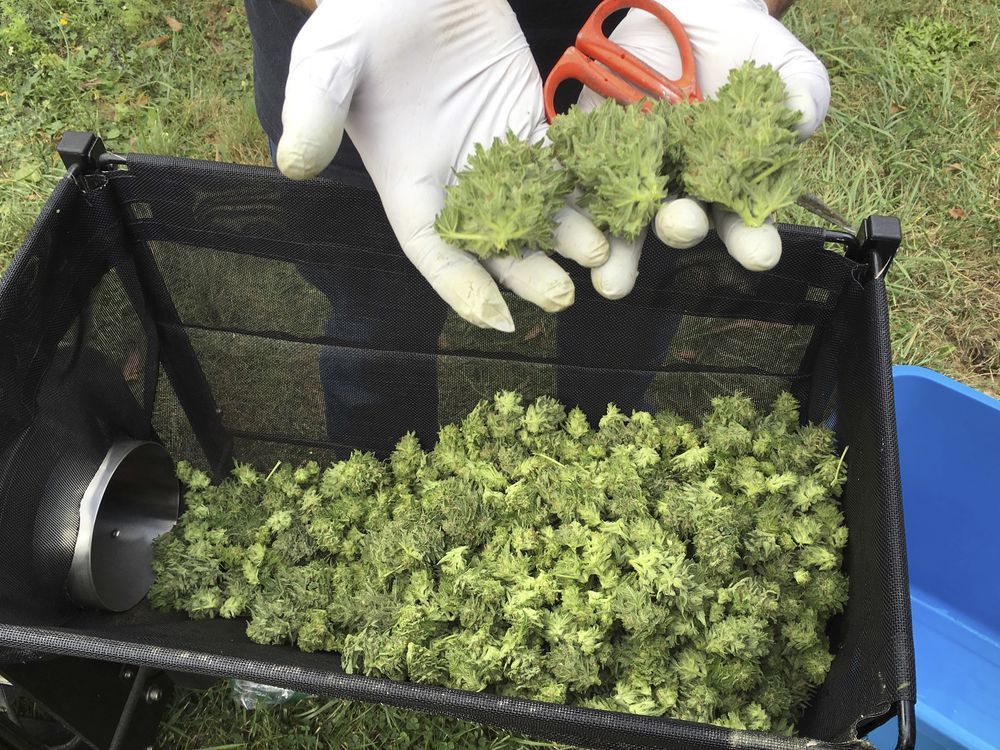Landscaping companies are feeling the heat.
And it’s not because of what recently has been a warmer-than-typical spring.
Many landscaping businesses in Northeast Ohio say they are short on workers this year. That reflects in part a national unemployment rate now at an 18-year low of 3.8 percent.
But the businesses say they also are unable to bring in enough legal immigrants, predominantly from Mexico, using a long-established federal visa program designed to fill seasonal low-skill jobs.
The government no longer is granting exemptions to the visa program that had made thousands more returning migrant workers available in previous seasons, the landscapers said.
“I feel so angry right now,” said Joe Chiera, owner of Impact Landscape & Maintenance in Boston Heights. “It’s affected our business. … I’m all fired up about this. No one wants to hear me. No one cares. It is what it is.”
It’s not just a local issue. There’s a national shortage of immigrant seasonal workers affecting other industries besides landscaping. That’s largely because the decades-old law caps the number of immigrant seasonal workers at 66,000 for the whole country – although the federal government has waived that limit to allow 15,000 more visas so far this year.
Previously, the returning workers did not count against the 66,000 visa cap limit. But there’s no exemption this year.
Problems caused by the inability to bring in additional legal immigrant workers are exacerbated by American applicants who can’t be hired because they fail drug tests, don’t have driver’s licenses, or stop showing up shortly after being hired, local landscapers say.
Their work can be hard and physical, the landscapers admit. Employees are outdoors under all weather conditions. Pay starts at about $13 an hour — well above minimum wage — which works out to $520 for a 40-hour work week.
Meanwhile, the labor shortage means landscapers are having difficulty mowing grass, planting, weeding and trimming shrubs and bushes in a timely manner.
“We are having major struggles finding people to work,” Chiera said. His business now has about 50 employees, including seasonal workers.
Chiera said he flew one of his managers to Puerto Rico, who in turn hired 15 people willing to come, at Impact’s expense, to Northeast Ohio and work.
“They actually show up. They want to work,” Chiera said.
Local landscapers said the inability to hire could cause businesses to downsize and not fulfill already-signed contracts with customers. And they said American jobs will be lost if companies fail because of insufficient visas.
The difficulty getting seasonal workers “is a huge, huge issue this year,” said Sandy Munley, executive director of the Ohio Landscape Association in Broadview Heights.
The labor shortage is in some ways a good sign, showing the economy is better, she said.
But the annual cap of 66,000 legal immigrants who can temporarily enter the country using what is called an H-2B visa crimps businesses, Munley said. “We’re heavily reliant on it,” she said.
The H-2B visas are not taking away jobs Americans want, Munley said, because “Americans aren’t showing up.”
The federal government makes half of the annual 66,000 H-2B visas available every six months of the fiscal year, with the first 33,000 applications opening in early January for jobs that begin on April 1.
The lawyer for Brothers Grimm Landscape & Design in Akron stayed up late to file the company’s H-2B visa application as soon as the first wave of 33,000 visas became available at midnight Jan. 3 this year, recalled owner Jacob Grimm.
The Brothers Grimm application was filed at 12:04 a.m., he said.
They almost missed the cut.
“We were 22,374,” Grimm said.
Gray Delany, executive director of the Seasonal Employment Alliance in Leesburg, Va., said “the demand this year outstripped the supply by about three times.”
The organization is lobbying to get the federal government to expand the H-2B program.
While the government in late May released 15,000 more H-2B visas, demand still exceeds supply, Delany said. When the annual cap was set at 66,000 in 1992, no one at the time thought the limit would be hit, he said.
Landscapers are the largest users of H-2B visas, but industries such as seafood processing, hospitality and others also rely on seasonal workers and compete for visas.
Jerry Kusar, owner of RB Stout Landscape, said his Akron company has used the H-2B program for 25 years.
“We have to get, every year, 40 people,” he said. “Our business model has that part-time, temporary need.”
To qualify for the H-2B applications, companies first have to advertise jobs in local newspapers to give American citizens first crack at openings, Kusar said. “You have to prove you can’t get people” in order to bring in workers from outside the United States, he said.
“I’m not competing with factory workers. I’m competing with entry level,” Kusar said.
The local landscaping companies say they pay for the visas, plus all transportation costs for immigrants to come into and then return to their native country. They will also provide housing.
The H-2B visa workers in turn pay federal, state and local taxes, including making payments into Social Security that they will never get back, the company owners said. The workers can stay in the United States for no more than 10 months.
In many cases U.S. citizens are not as reliable as the H-2B workers, Kusar and others said.
Jacob Grimm said his 25-person firm received 146 job applications last year. Of those, 120 people did not come in for an interview, he said.
Twenty-four applicants were considered employable, but half of those declined to take a drug test, he said. Of four people who accepted job offers, one remains this year, Grimm said.
“If somebody fails a drug test, 80 percent of the time it’s weed,” Grimm said. “It’s astounding to me how many people use [marijuana] on a daily basis.”
While alcohol is legal, “you can’t come to work drunk,” he said. “And you can’t do it with weed in your system.”
Meanwhile, “I have seven guys here from Mexico with smiles on their faces,” Grimm said. “They pay taxes. They go down to Dollar General and Walmart. They boost the economy. They want to work. They don’t call off sick. They have mouths to feed.”
Kusar said he’s not sure that offering higher pay will attract more Americans to the seasonal landscaping jobs. “If it’s not something you want to do, money isn’t going to matter,” he said.
And if landscaping companies increase pay rates by 30 percent, that means customers will pay 30 percent more, local owners said.
Critics of the H-2B and similar temporary work programs say the seasonal workers can be exploited by their employers. They have also said it hurts American workers as well.
Daniel Costa, former director of immigration law and policy research for the left-of-center Economic Policy Institute, testified before Congress in 2016 that the H-2B program has hurt migrant workers, some of whom have been underpaid. More worker protections are needed, he said.
Meanwhile, landscapers in Northeast Ohio are trying to fulfill their customers’ needs with the people they have, said Munley of the Ohio Landscape Association.
“Some of the landscaping companies are hurting so bad,” she said.
Credit: ohio.com













